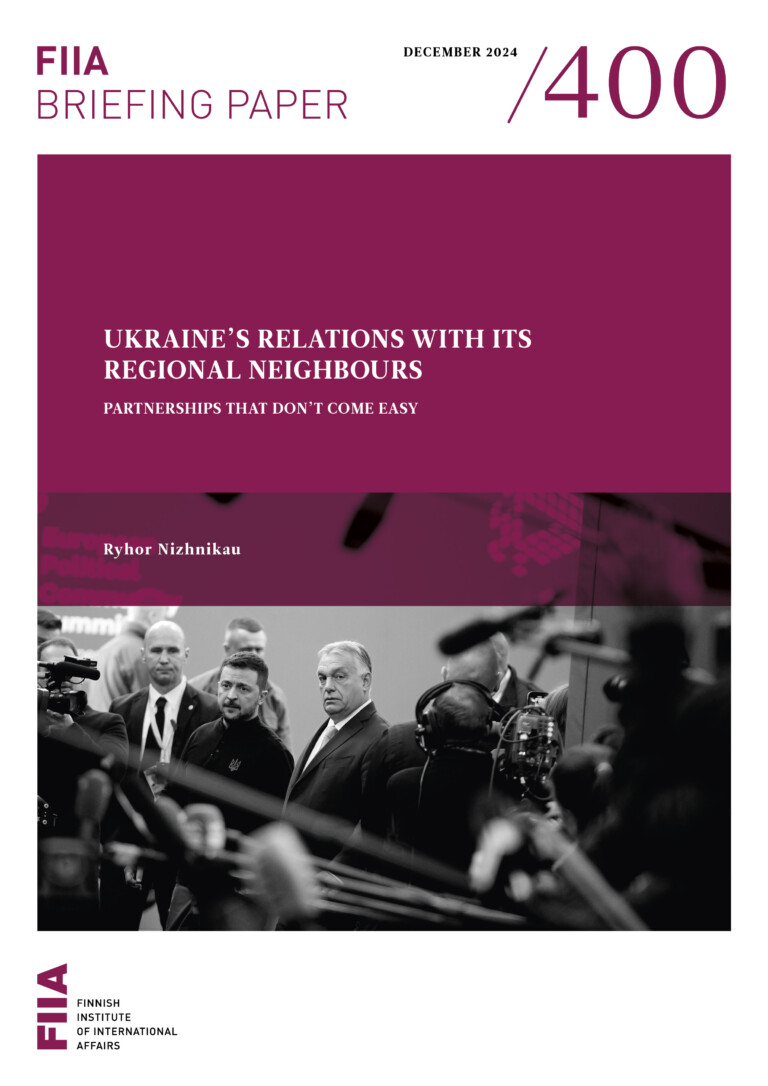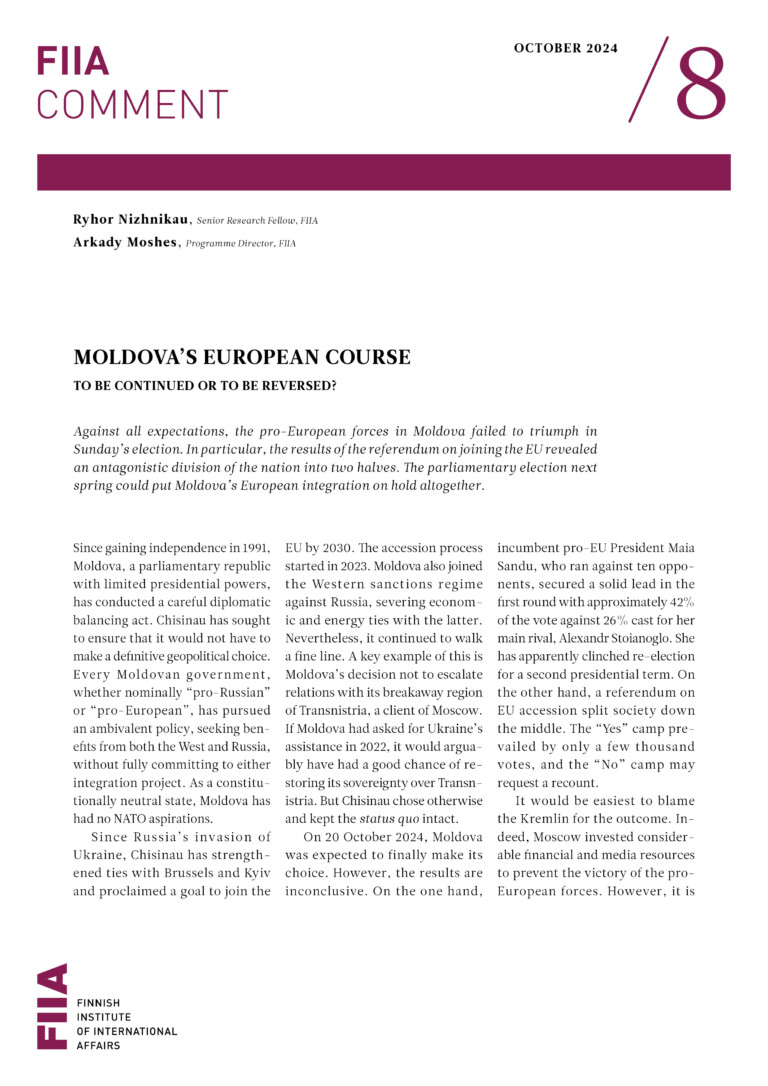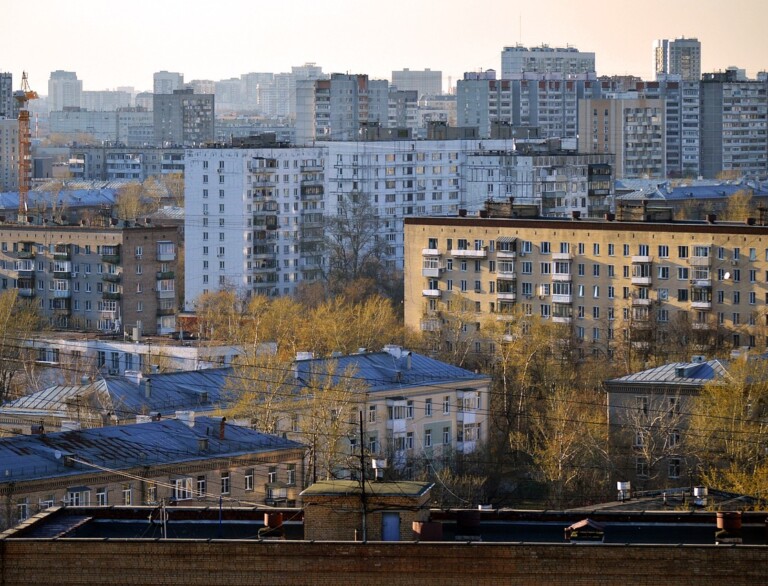Why the EU should think beyond Belarus’s parliamentary election
One should not expect the 23 September election to comply with democratic standards. The current legislation in Belarus does not guarantee a free and fair process. The institutional setting prevents a transparent vote count and the election of opposition candidates.
Yet, in sending a full-fledged observation mission to Belarus, the OSCE again appears to be giving official Minsk the benefit of the doubt. Breaking the vicious circle of external regime legitimation would require consistency and restraint in giving this periodic electoral farce any credence whatsoever.
Imitating procedural democracy brings regime consolidation for Lukashenka: enticing the opposition forces – and their Western supporters for that matter – into the electoral trap is a pre-emptive scheme to disqualify them. Decapitated, divided, distrusted, the opposition is incapable of carrying out regime change.
The regime’s repressive build-up also dissuades Belarusians from mobilising to contest the predictable fraud – for now. They are nonetheless expressing increasing demands for independent election monitoring.
In view of the 2015 presidential elections, the EU should invest more in the capacity-building and training of civil society actors, notably domestic election observers. Turning voters into reliable rule of law watchdogs could raise awareness in, and demand for democracy in Belarus.






